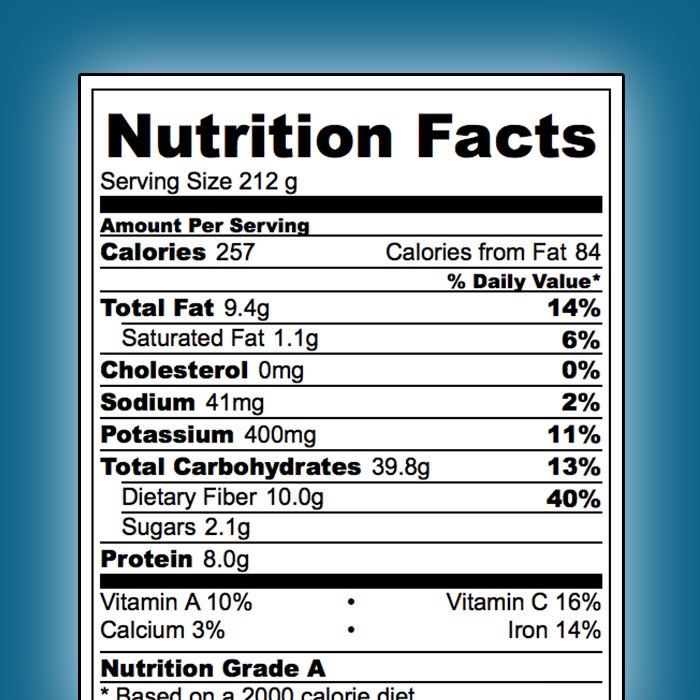Discover Accurate Nutrition Facts for Your Favorite Recipes

Introduction
Are you looking to get accurate nutrition facts for your favorite recipes? Knowing the nutritional content of your meals is essential for maintaining a healthy lifestyle. In this article, we will explore why nutrition facts are important, how to obtain accurate information, common challenges you may encounter, and tips for calculating and analyzing nutrition facts.
Why Are Nutrition Facts Important?
Nutrition facts provide valuable information about the caloric content, macronutrients (such as carbohydrates, proteins, and fats), vitamins, minerals, and other essential nutrients present in a particular recipe. By understanding the nutritional value of your meals, you can make informed choices about your diet, manage portion sizes, and meet your dietary goals.
How to Get Accurate Nutrition Facts for Your Recipes
Obtaining accurate nutrition facts for your recipes can be a meticulous process, but it is achievable with the right approach. You can start by analyzing the individual ingredients in your recipe and their corresponding nutritional values. Next, calculate the total nutritional content based on the quantities used. There are also various online tools and resources available that can help simplify this process.
Common Challenges in Obtaining Nutrition Facts
Calculating nutrition facts can sometimes present challenges. One common obstacle is the lack of standardized nutritional information for certain ingredients, especially if they are homemade or sourced from local markets. Additionally, variations in serving sizes and cooking methods can also impact the accuracy of your calculations.
Tips for Calculating and Analyzing Nutrition Facts
- Use reliable sources for nutritional information, such as reputable databases or nutrition labels.
- Be precise with your measurements and take into account any variations or substitutions.
- Consider using a food scale to accurately measure ingredients.
- Adjust for cooking methods that may alter nutritional values, such as baking or frying.
- Double-check your calculations to ensure accuracy.
Conclusion
Obtaining accurate nutrition facts for your recipes is essential for maintaining a healthy lifestyle. By understanding the nutritional content of your meals, you can make informed choices and meet your dietary goals. While it may require some effort, the benefits of knowing the nutritional value of your favorite recipes are well worth it.
F.A.Q.S.
1. How do I calculate the nutrition facts for my recipe?
To calculate the nutrition facts for your recipe, analyze the individual ingredients and their nutritional values. Then, calculate the total nutritional content based on the quantities used.
2. Are there any online tools or resources available for obtaining nutrition facts?
Yes, there are various online tools and resources available that can help you obtain accurate nutrition facts for your recipes. These tools often provide databases with detailed nutritional information for a wide range of ingredients.
3. What are some common mistakes to avoid when calculating nutrition facts?
Common mistakes to avoid when calculating nutrition facts include using inaccurate or unreliable sources for nutritional information, failing to account for variations or substitutions, and overlooking cooking methods that may alter nutritional values.
4. Can I include substitutions or variations in the nutrition facts for my recipe?
Yes, you can include substitutions or variations in the nutrition facts for your recipe. However, it is important to adjust the quantities and nutritional values accordingly to ensure accuracy.